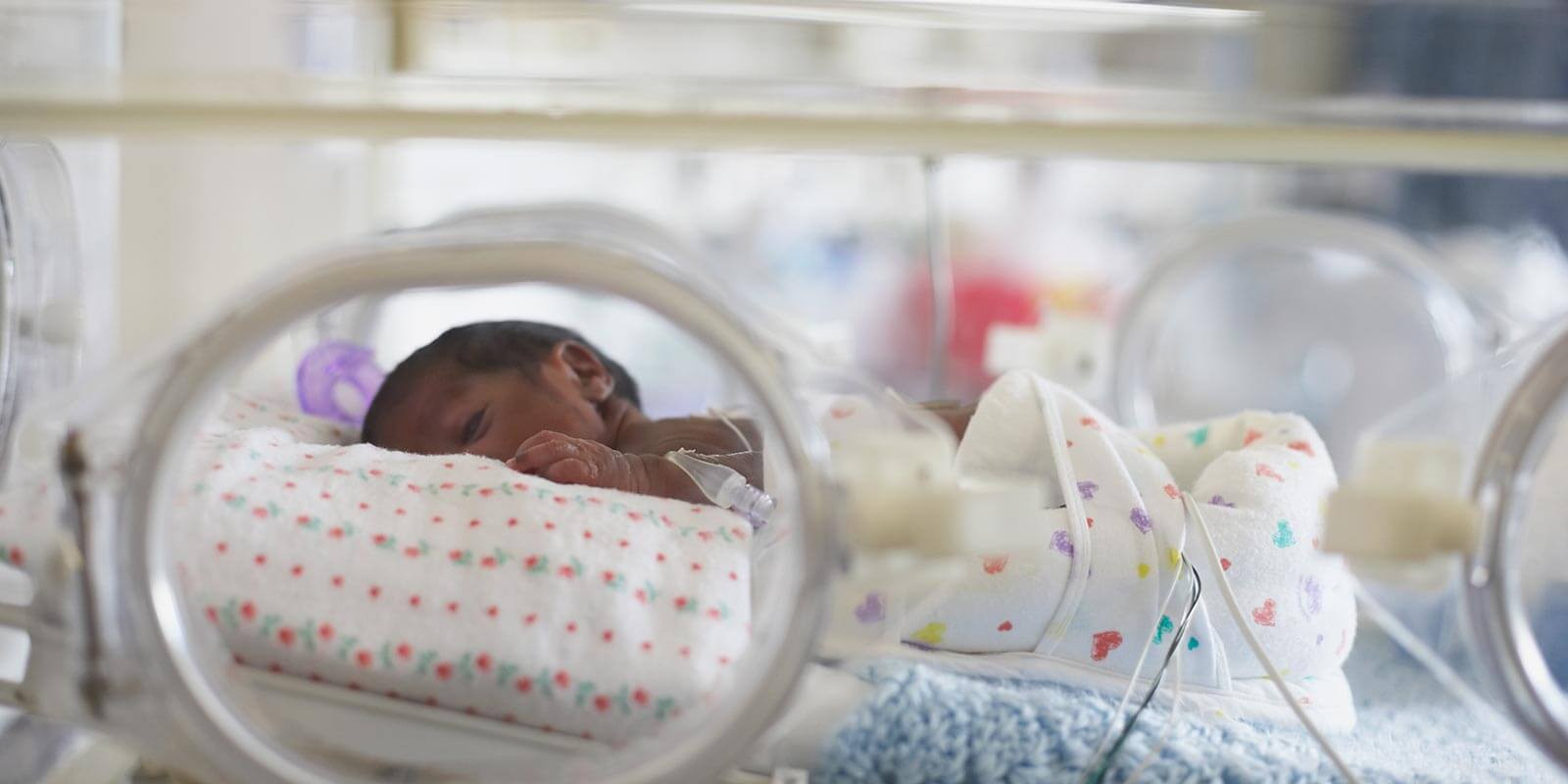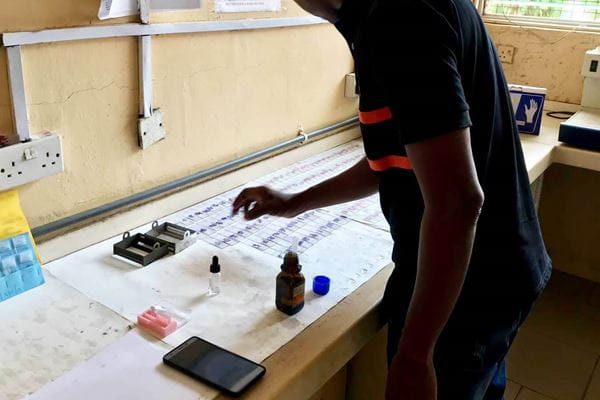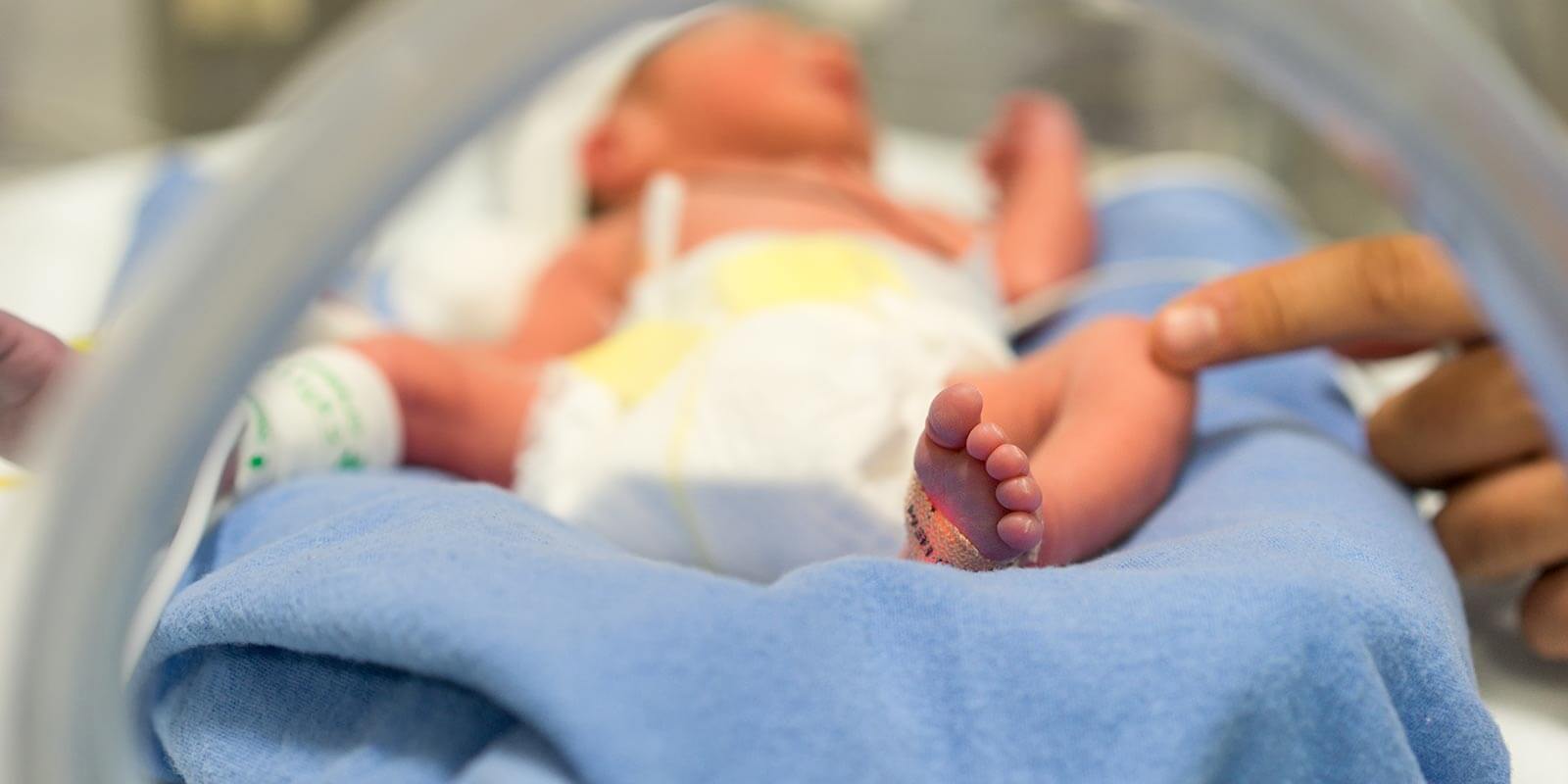
Research Expertise in Neurodevelopmental Follow-up of High Risk Neonates
About Samudragupta Bora, PhD, Principal Investigator

Founding Director, Health Services Research Center
University Hospitals Research & Education Institute
Associate Professor, Pediatrics
Case Western Reserve University School of Medicine
Dr. Samudragupta Bora is the Founding Director of the Health Services Research Center at University Hospitals Research & Education Institute and Associate Professor of Pediatrics at University Hospitals Rainbow Babies & Children's Hospital. He previously served as the Director of Early Childhood Neurodevelopmental Outcomes at University Hospitals Rainbow Babies & Children's Hospital and the Group Leader of Neurodevelopmental Follow-Up and Outcomes at Mater Research Institute, The University of Queensland, Australia.
About the Research
Dr. Bora’s primary area of research expertise is the neurodevelopmental follow-up of high-risk neonates in both high-income and low- and middle-income countries. He is currently Co-Principal Investigator (Neonatal Follow-Up) of the Eunice Kennedy Shriver National Institute of Child Health & Human Development Neonatal Research Network at Case Western Reserve University, the African Neonatal Association Neonatal Follow-Up Consortium, and PREBO-6, a federally funded prospective cohort study in Australia to investigate the utility of advanced neuroimaging at 32 and 40 weeks postmenstrual age to predict school-age neurodevelopment in the preterm-born population.
Dr. Bora was one of four investigators who led the first Australian and New Zealand standardization of the Bayley Scales of Infant and Toddler Development (Bayley-4), the gold standard for diagnosing early neurodevelopmental delay/deficit. He is the immediate-past elected Chair of the Long-Term Outcomes of High-Risk Babies Subcommittee of the Perinatal Society of Australia and New Zealand. In addition to research, he is dedicated to mentoring the next generation of clinician-scientists and scientists.

Advancing Neonatal Health Through Global Collaboration
Dr. Bora is leading groundbreaking child development research across sub-Saharan Africa, specifically in Ghana and Zimbabwe, with the goal of improving neonatal follow-up care for newborns discharged from NICUs. In partnership with local clinicians, global experts, a Cleveland-based health tech start-up and families with lived experience, Dr. Bora seeks to reduce disparities and improve long-term outcomes for some of the world’s most vulnerable infants.
Supported by a network spanning 20 African countries through the African Neonatal Association Neonatal Follow-Up Consortium, Dr. Bora and his team, including medical students and postdoctoral fellows, are identifying the most effective, culturally responsive ways to assess and support infant development in low-resource settings.
The research not only fills a critical gap in global neonatal health data but also helps develop sustainable, scalable care models that match the standard of care in high-income countries. It exemplifies University Hospitals' mission to heal, teach, and discover, bringing real-world impact to underserved communities while informing and enriching neonatal care at home.

Neonatal Neurodevelopmental Follow-Up Research Program
The Neonatal Neurodevelopmental Follow-Up Research Program aims to improve the quality of life for high-risk neonates, particularly those born preterm, and their families. Research studies span two core themes: 1) develop a better understanding of the long-term neurodevelopmental outcomes of high-risk neonates, and 2) discover the independent and interdependent roles of neurological and social factors underlying these outcomes. To address these issues, research studies use a variety of methods, including neurodevelopmental assessments, neuroimaging, parent and teacher reports, surveys, and meta-analyses. The research program generates family-centered evidence for targeted early interventions to improve child outcomes, effective parenting and family support, and risk stratification models to optimize healthcare and specialist resource utilization.


